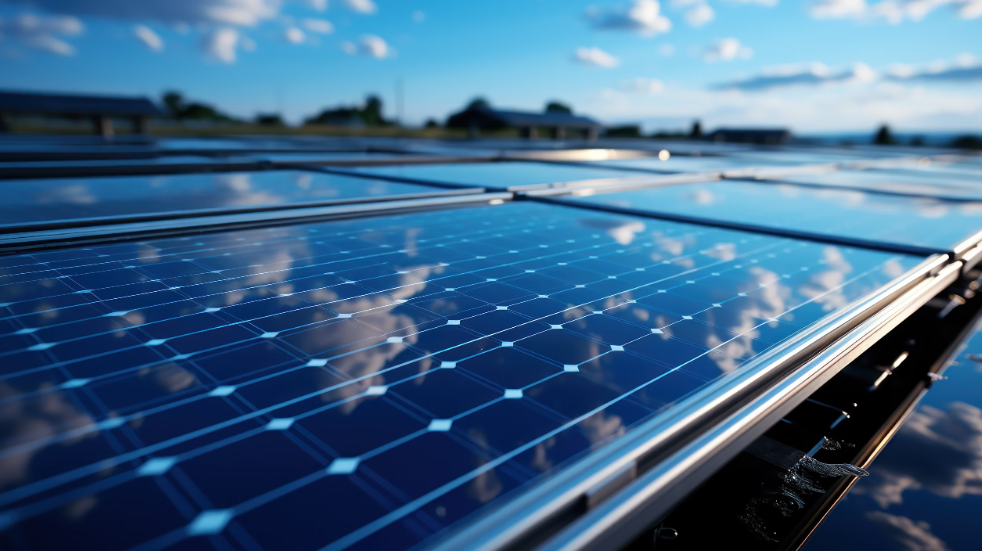As the world increasingly turns to renewable energy, solar panels have become a leading technology in the quest for sustainable energy. Thanks to advances in materials science and engineering, the future of solar panels looks bright, particularly in terms of their lifespan and efficiency. This article explores upcoming innovations that could redefine how we harness the power of the sun.
Solar panel lifespan
Traditionally, solar panels have a lifespan of approximately 25 to 30 years, after which their efficiency begins to decline significantly. However, recent developments in solar technology are pushing the boundaries of this lifespan. Manufacturers are currently experimenting with new materials, such as perovskite solar cells, which have demonstrated remarkable durability and stability. These materials promise to extend the lifespan of solar panels beyond current standards, making them a more attractive investment for homeowners and businesses alike.
Furthermore, advances in protective coatings and encapsulation technologies have enhanced the ability of solar panels to withstand environmental factors such as UV rays, moisture, and temperature fluctuations. These innovations not only extend the lifespan of solar panels but also reduce maintenance costs, making solar energy a viable option for a wider range of users.
Improved efficiency
Efficiency is another key factor in the future of solar panels. A solar panel’s efficiency refers to the percentage of sunlight converted into usable electricity. Traditional silicon-based solar panels typically have an efficiency of around 15-20%. However, continued research and development is paving the way for significant improvements.
One of the most exciting advances is the development of bifacial solar panels, which capture sunlight from both sides. This design can increase power generation by up to 30% compared to traditional panels. Furthermore, integrating tracking systems that follow the sun’s path can further improve efficiency, allowing solar panels to capture more sunlight throughout the day.
Another promising avenue is the rise of tandem solar cells, which combine different materials to capture a wider spectrum of sunlight. These cells are expected to achieve efficiencies exceeding 30%, a significant leap forward over existing technologies. As research continues, we can expect to see more efficient solar panels enter the market, making solar energy more competitive with fossil fuels.
The role of artificial intelligence and smart technologies
The future of solar panels isn’t just about materials and design; it also involves the integration of smart technologies. Artificial intelligence (AI) plays a crucial role in optimizing solar systems. AI algorithms analyze weather patterns, energy consumption, and solar panel performance to maximize energy output and efficiency. This data-driven approach enables predictive maintenance, ensuring that solar panels maintain optimal performance for extended periods.
Furthermore, the development of energy storage solutions, such as advanced batteries, is crucial to the future of solar energy. Efficient energy storage systems can store excess energy generated on sunny days and use it when the sun is less bright, further enhancing the reliability and attractiveness of solar panels.
in conclusion
The future of solar panels looks bright, as innovations in lifespan and efficiency are poised to transform the renewable energy landscape. As technology continues to advance, we can expect solar panels to become even more durable, efficient, and integrated with smart systems. This progress promises not only to make solar energy more accessible and affordable, but also to play a vital role in combating climate change and promoting a sustainable future. Looking ahead, the potential for solar panels to provide the world with sustainable energy looks brighter than ever.
Post time: Aug-01-2025

